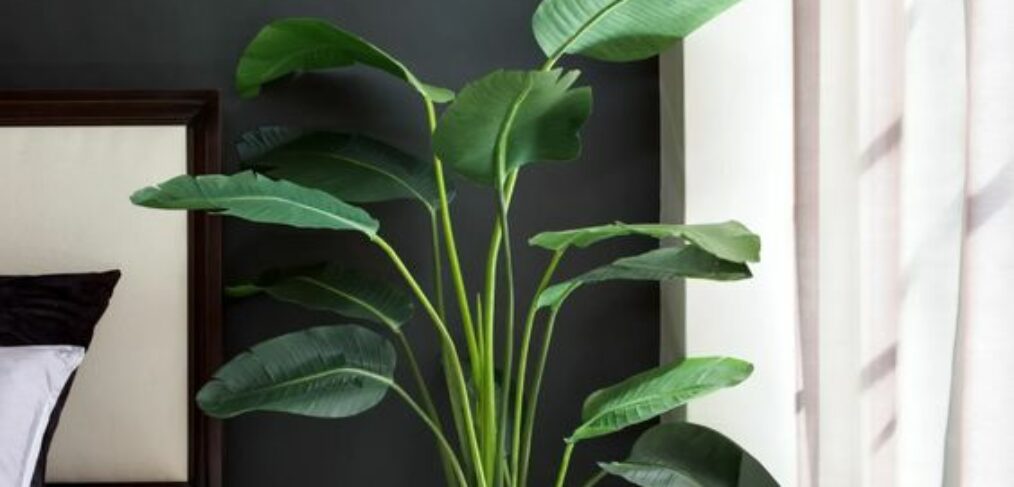
HOW PLANTS HELPS TO IMPROVE SLEEP
Improving sleep through plants is a holistic and natural approach that has been practiced for centuries. Plants have the remarkable ability to purify the air, release calming scents, and promote relaxation, all of which can contribute to better sleep quality.
Here’s how plants can improve one’s sleep:
Air purification
Humidity regulation
Aromatherapy
Biophilic design
Noise reduction
1. Air purification
Plants are natural air purifiers. They absorb carbon dioxide and release oxygen through the process of photosynthesis. Additionally, certain plants have the ability to filter out harmful toxins such as formaldehyde, benzene, and trichloroethylene from the air.
These toxins are commonly found in household products and can lead to respiratory issues and sleep disturbances if present in high concentrations. By improving indoor air quality, plants create a healthier environment for sleep.
2. Humidity regulation
Some plants, such as ferns and peace lilies, release moisture through a process called transpiration. This can help to increase humidity levels in the air, which is beneficial for respiratory health and can prevent dryness in the nasal passages and throat.
Optimal humidity levels are essential for a comfortable sleep environment, as dry air can lead to snoring, congestion, and other breathing problems.
3. Aromatherapy
Certain plants emit fragrances that have been scientifically proven to promote relaxation and improve sleep quality. Lavender, for example, contains compounds like linalool and linalyl acetate, which have sedative effects on the nervous system and can reduce anxiety and stress levels.
Other plants with calming scents include jasmine, chamomile, and valerian. Aromatherapy with these plants can be achieved by placing them near the bed, using essential oils derived from the plants, or incorporating them into herbal teas.
4. Biophilic design
The concept of biophilia suggests that humans have an innate connection to nature and derive psychological benefits from being in natural environments. Incorporating plants into the bedroom through biophilic design can create a sense of tranquility and relaxation, which are conducive to sleep.
Studies have shown that exposure to natural elements, such as plants, can reduce stress, lower blood pressure, and improve mood, all of which contribute to better sleep quality.
5. Noise reduction
While not directly related to their biological properties, plants can also help to absorb sound and reduce noise levels in the bedroom. This is particularly beneficial for individuals who live in noisy urban environments or near busy streets.
By creating a barrier between the sleeper and external noise sources, plants can promote a quieter and more peaceful sleep environment.
In conclusion, plants offer a natural and effective way to improve sleep quality by purifying the air, regulating humidity, providing aromatherapy benefits, promoting biophilic design principles, and reducing noise levels.
Incorporating plants into the bedroom can create a calming and rejuvenating atmosphere that supports restful sleep and overall well-being.



